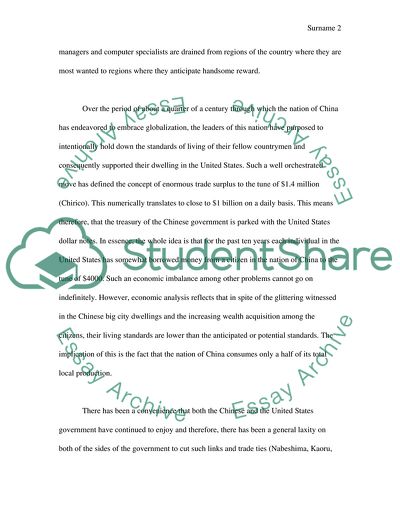Cite this document
(Impact of Climate Change on Chinas Globalization Coursework, n.d.)
Impact of Climate Change on Chinas Globalization Coursework. https://studentshare.org/macro-microeconomics/1863664-the-globalization-of-china
Impact of Climate Change on Chinas Globalization Coursework. https://studentshare.org/macro-microeconomics/1863664-the-globalization-of-china
(Impact of Climate Change on Chinas Globalization Coursework)
Impact of Climate Change on Chinas Globalization Coursework. https://studentshare.org/macro-microeconomics/1863664-the-globalization-of-china.
Impact of Climate Change on Chinas Globalization Coursework. https://studentshare.org/macro-microeconomics/1863664-the-globalization-of-china.
“Impact of Climate Change on Chinas Globalization Coursework”. https://studentshare.org/macro-microeconomics/1863664-the-globalization-of-china.


